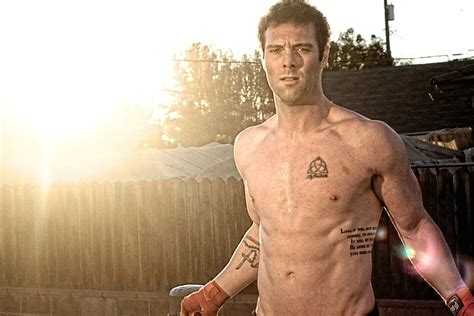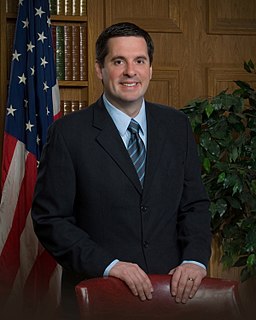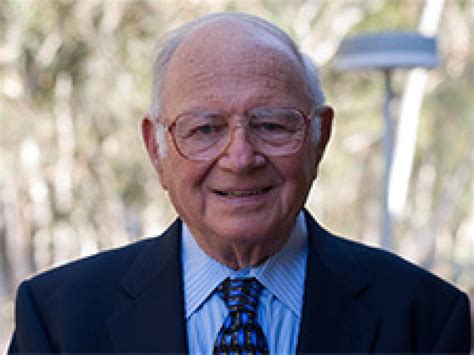A Quote by Kevin O'Leary
Being an employee is a bad outcome. You want to avoid that. Being an employee is never a good outcome. That's just an opinion.
Related Quotes
On moral grounds, I think that if you believe a certain outcome is a very possible outcome, you have an obligation to tell people that. With global warming, the probability of a bad outcome if we stay on our current emission trends is incredibly high. If you know a bad outcome is likely to happen, what right do you have not to communicate that? You go into a doctor's office, what are they going to do - not tell you the diagnosis?
I think companies over the last 10 years have done a very bad job of explaining to their employees what the intrinsic risks are. All I know is, if you wait until you let the employee go to deal with the issue of how do you communicate to the employee about being let go, it's too late to do anything.
The supermarket chain Whole Foods has quite a radical employee empowerment program, where employees get to decide whether another employee can work in their team or not. If they think this person's a slacker, doesn't have good ideas, they can vote and say, no, we don't want this person to be working with us on the vegetable aisle.
That's the dream scenario: when people approach these stressful situations not focused on that concrete outcome but just focused on being there and being themselves and enjoying connecting with people. You're not going to be present all the time, but if you can figure out how to connect with yourself and bring that self forth in those moments, you will probably be feeling a lot better over time, and it's likely that even though you're not focused on the outcome, the outcomes will be better.

































